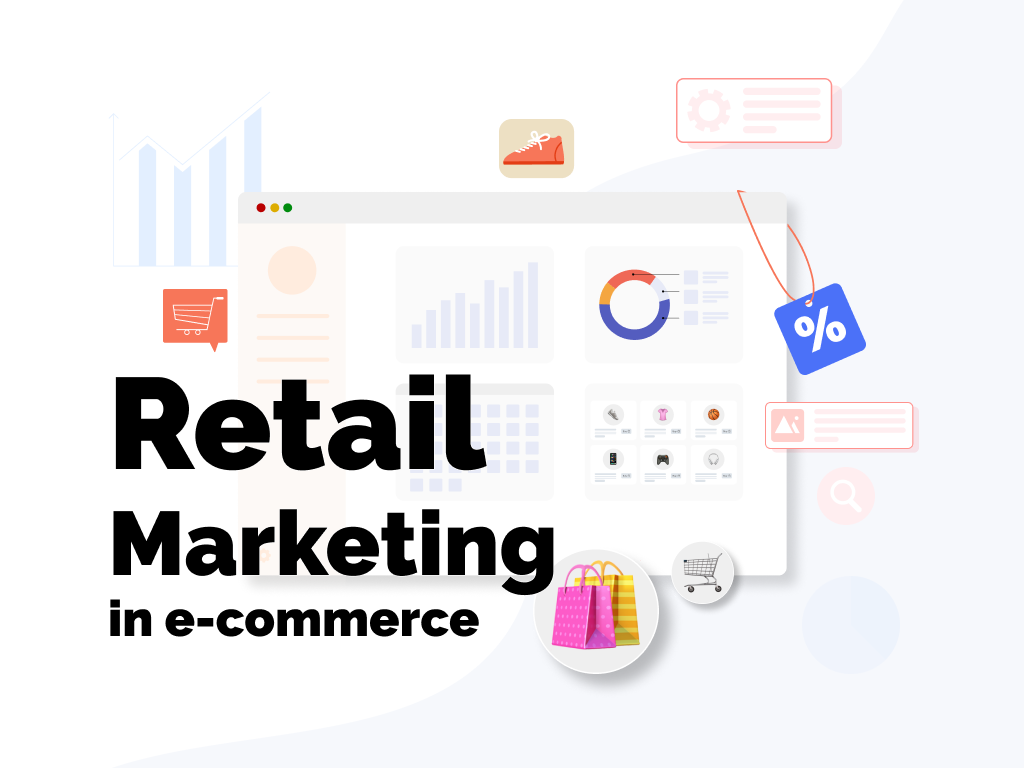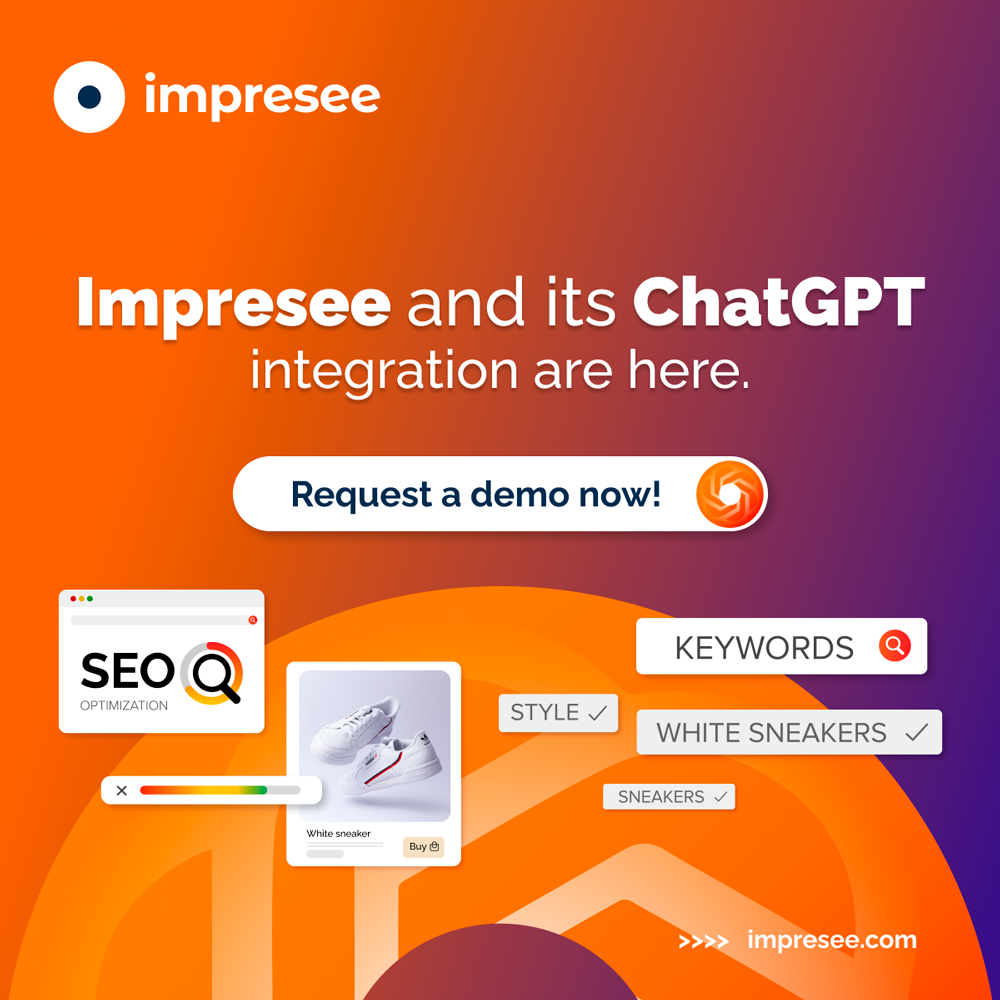Before diving into the heart of retail marketing in e-commerce, let’s look at a few intriguing numbers that highlight the incredible transformation of the e-commerce world:
- The e-commerce sphere has been on a meteoric rise, growing at an annual rate of over 20% for the past five years.
- In 2022 alone, e-commerce made up a whopping 16.1% of all retail sales in the U.S.
- As for our online habits, in 2022, U.S. consumers were glued to the internet for an average of 17 hours every week.
- And here’s a trendsetter: Today’s shoppers demand an omnichannel buying experience. They love the flexibility of choosing a product online and picking it up in-store or buying it at a physical location and then returning it via the web.
Still with me? Great! Now, understanding this evolving landscape is key, and a significant part of this understanding is—yep, you guessed it—Retail Marketing in e-commerce.
-
What is Retail Marketing?
At its core, retail marketing is all about promoting products directly to consumers.
Sounds simple, right? But with the vast online landscape, it’s not just about showcasing your products anymore.
It’s about ensuring they’re visible to the right people, at the right time, and in the right context. That’s where keywords and customer segmentation come into play.
-
The Power of Keywords in Retail Marketing
Imagine entering a store and instantly finding what you’re looking for because the store owner already knows your preferences.
That’s the magic keywords can create online. By understanding which terms your potential customers are searching for, you can tailor your product descriptions, ad campaigns, and even the structure of your site to match their expectations and needs.
But there’s more. When you get your keywords right:
-
-
- Your products are more discoverable on search engines.
- You can achieve better cost-efficiency in paid ads.
- You connect on a deeper level with your customers because you’re “speaking their language”.
-

-
Customer segmentation: Why one size doesn’t fit all
Remember the saying, “You can’t be everything to everyone?” Well, it holds especially true in e-commerce.
Each customer is unique, with their own set of needs and preferences. This is where customer segmentation becomes invaluable.
Segmenting your customers based on their importance to your business, such as their purchase frequency, average spending, or whether they’re loyal customers, can vastly improve your marketing strategies.
For instance, a high-frequency, high-spend customer might be delighted with an exclusive loyalty discount or early access to new products.
On the other hand, newer or less frequent shoppers could be enticed with special offers to boost their purchase frequency.
Adjusting your approach to fit each segment ensures that your marketing is as effective and personalized as possible.
-
Why retail marketing is a game-changer for e-commerce today
In today’s saturated online marketplace, standing out isn’t just about having a quality product.
It’s about understanding your customers’ journey, from when they type a query into a search engine to when they decide to hit ‘buy’.
Retail marketing, with its emphasis on customer understanding through keywords and segmentation, enables you to:
-
-
- Boost conversion rates by presenting the right offers to the right people.
- Build brand loyalty by making customers feel understood and valued.
- Stay ahead of the competition by adapting quickly to market trends.
-
-
In conclusion
If you’re in the e-commerce space and aren’t diving deep into retail marketing, you’re missing out on massive opportunities.
So, start by understanding your customers. Segment them. Dive into their language through keywords.
And here’s a pro tip: Tools like Impresee are invaluable in this journey. With Impresee, you can not only gauge the performance of your keywords but also truly comprehend their impact on your sales.
After all, in a digital world where the customer truly is king, knowing your kingdom makes all the difference.



